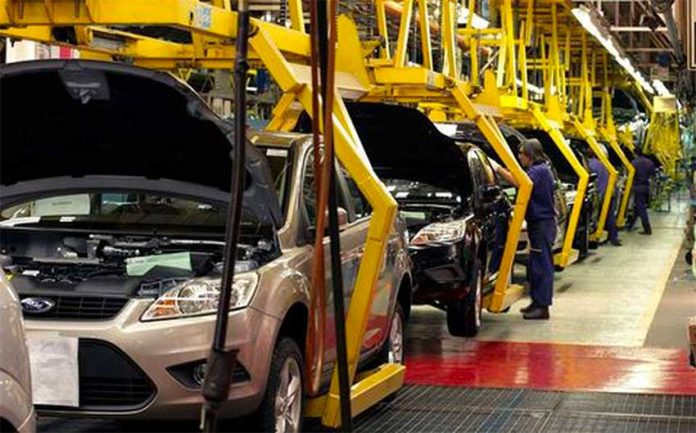Mexico and the United States have agreed to a side letter to the new trade agreement announced Monday that will protect some Mexican auto exports against possible “national security” tariffs, Economy Secretary Ildefonso Guajardo said yesterday.
Under the arrangement, which Guajardo described as “insurance for Mexico,” if the United States government applies Section 232 tariffs to auto imports — as it did to steel and aluminum earlier this year — Mexico would still have duty-free access to the U.S. market for vehicles that comply with the new rules of origin, but only up to a certain limit.
Guajardo explained that the cap was set 40% above the 1.7 million cars Mexico currently exports annually to the United States, which he said gave Mexico’s auto industry scope to grow before facing the potential national security tariffs.
That means that auto duties of up to 25%, which United States President Donald Trump has threatened to impose, would only apply to Mexican car and SUV imports of over 2.4 million vehicles.
The Trump administration is planning to announce in the coming weeks the results of a probe into whether auto imports pose a threat to national security, which could pave the way for the introduction of new tariffs.
“How do we protect ourselves? With a side letter,” Guajardo said. “If they impose the tariffs, what’s going to happen is that they will exempt us from that quantity of vehicles.”
The parallel arrangement also allows for the United States to impose national security tariffs on auto part imports above a value of US $90 billion annually, which also exceeds current levels.
Mexico and the United States announced Monday that they had reached a trade agreement and talks aimed at bringing Canada into the deal are taking place in Washington D.C. this week.
The agreement stipulates that 75% of vehicle content must be made in the North American region in order to qualify for tariff-free status and that 40% to 45% of content must be made in high wage zones where workers earn at least US $16 an hour.
Guajardo said earlier this week that almost 70% of Mexico’s auto exports already comply with the former rule and that in time Mexico would also be able to meet the high-wage zone requirement.
Source: Reuters (sp)
